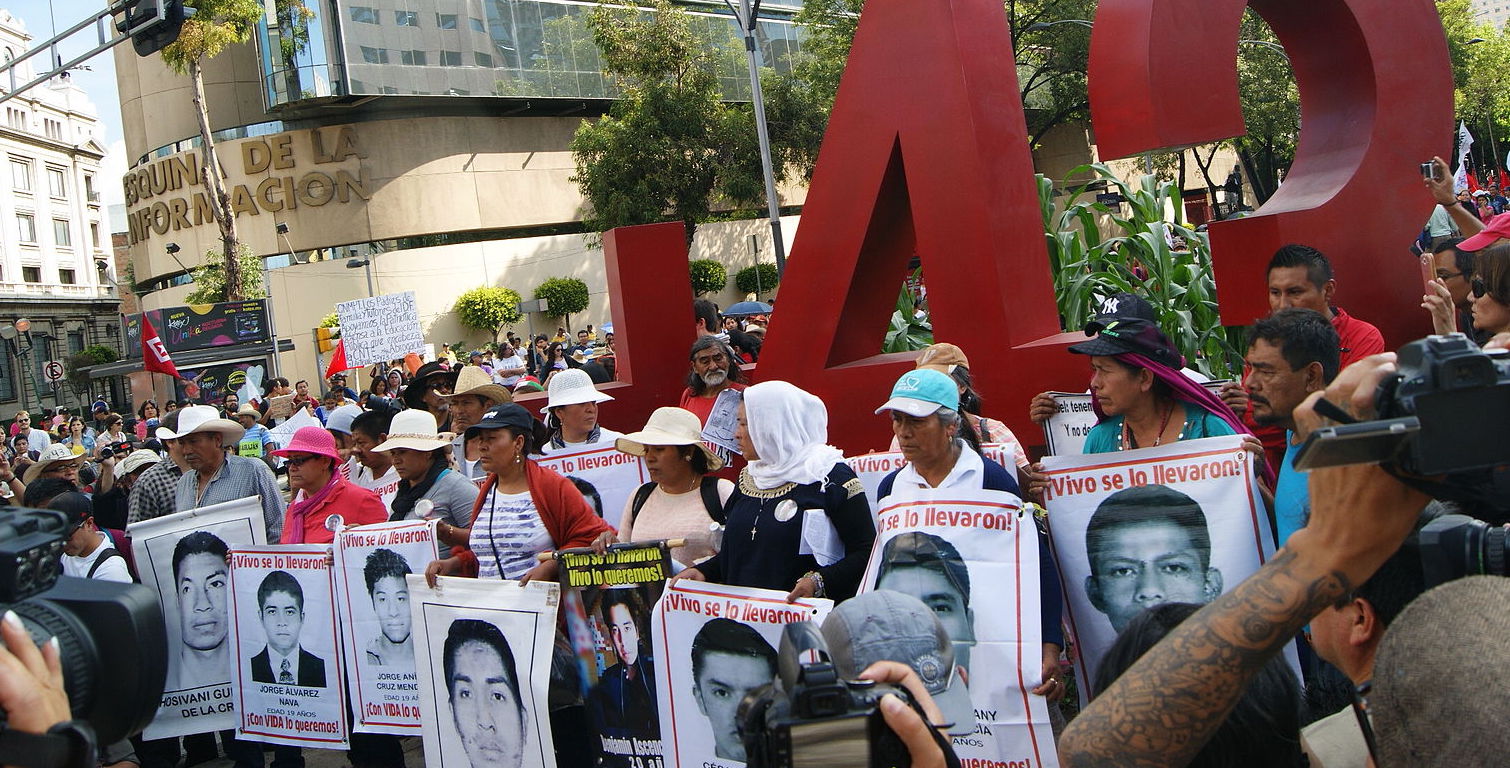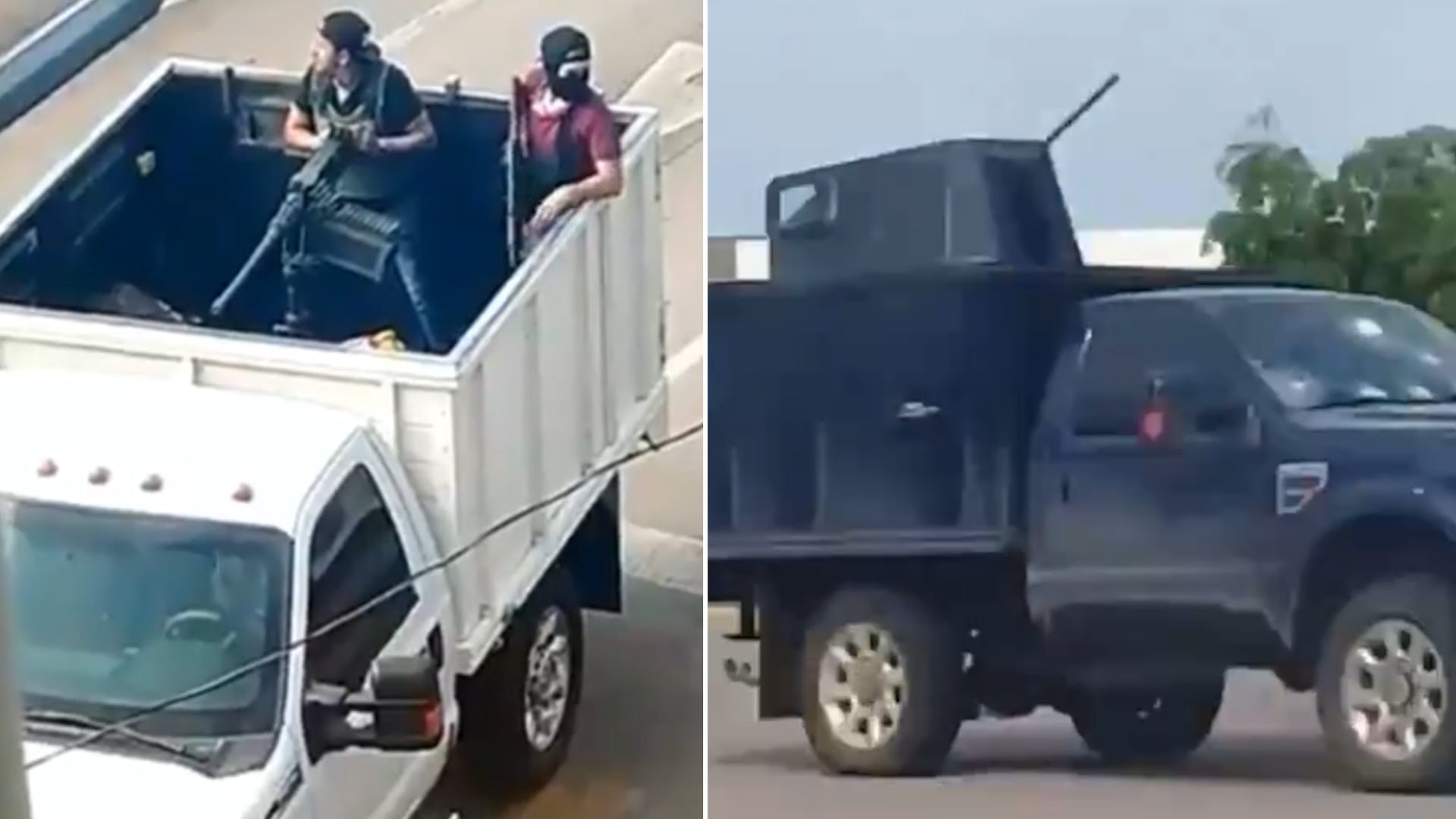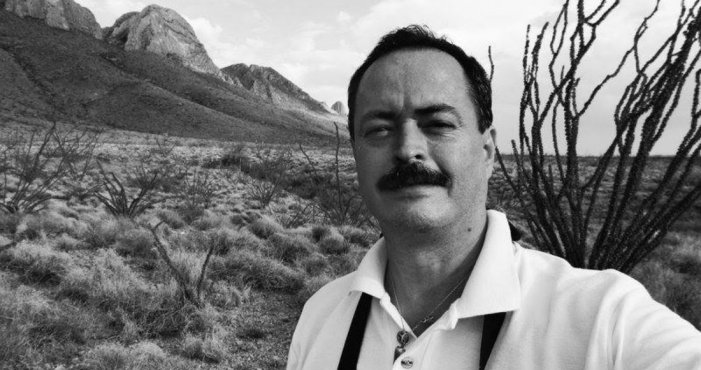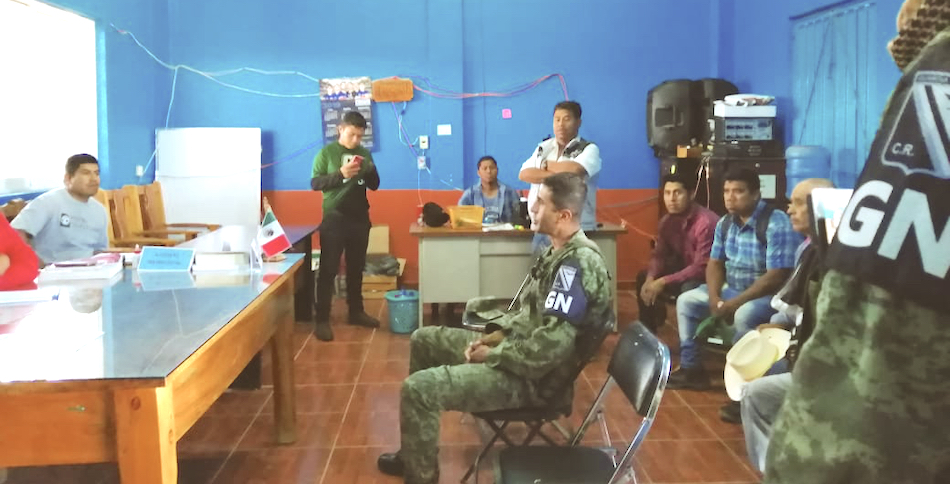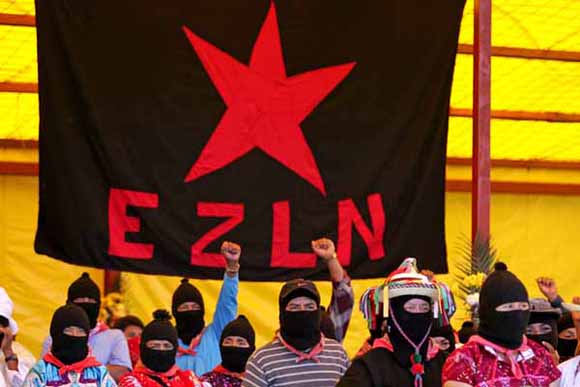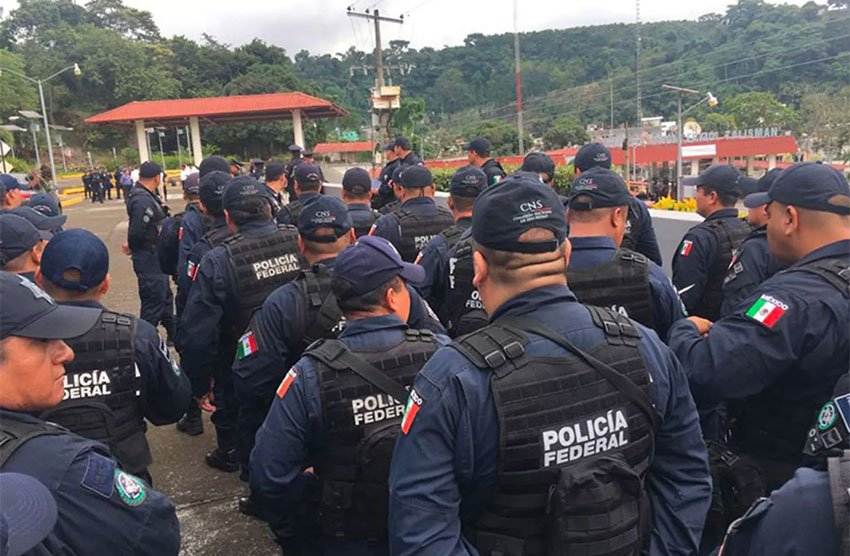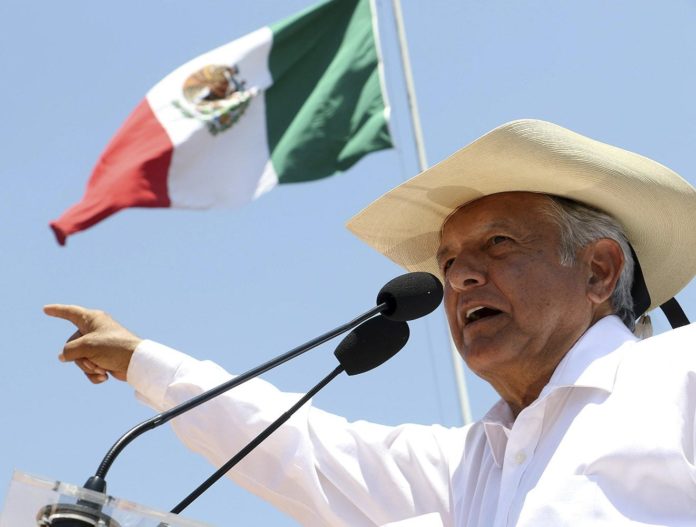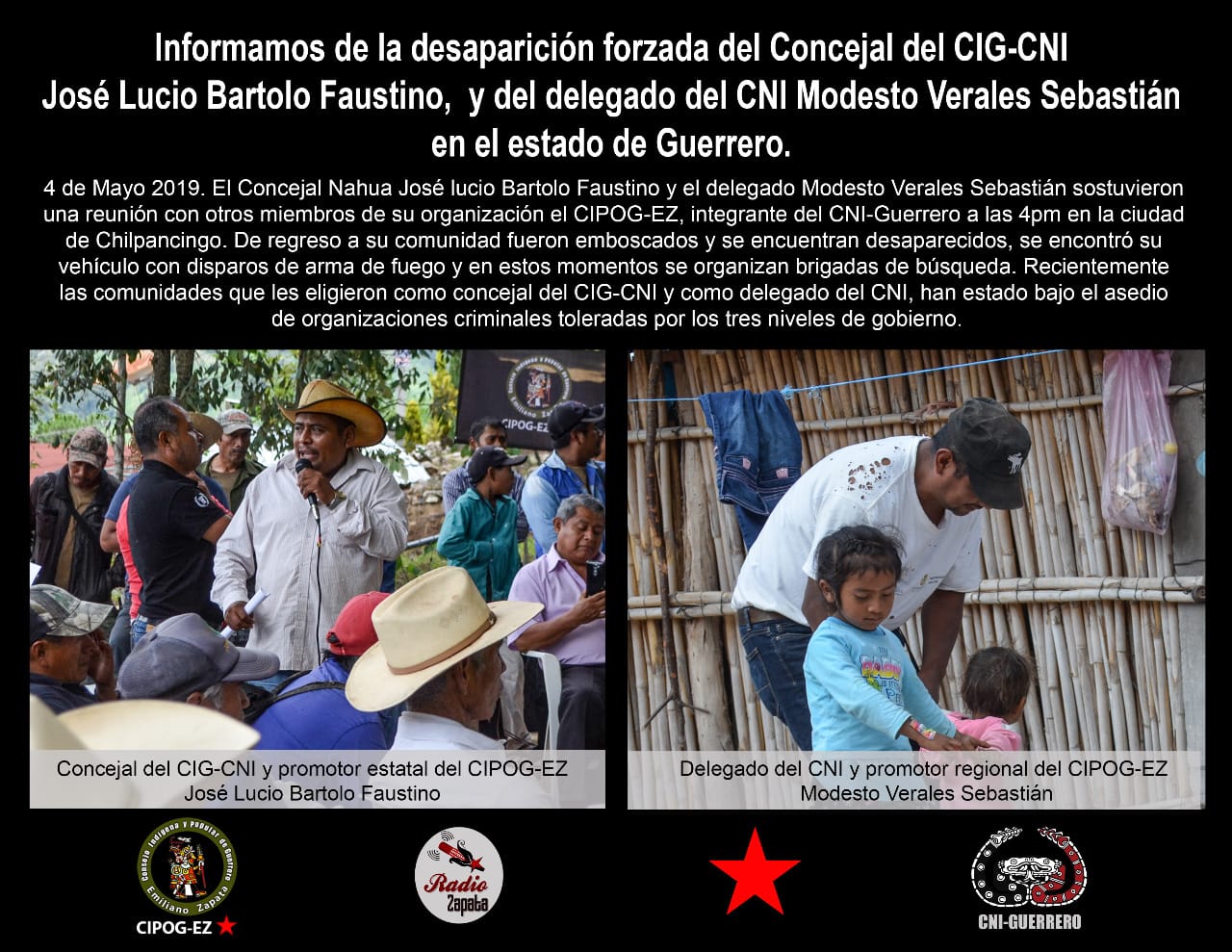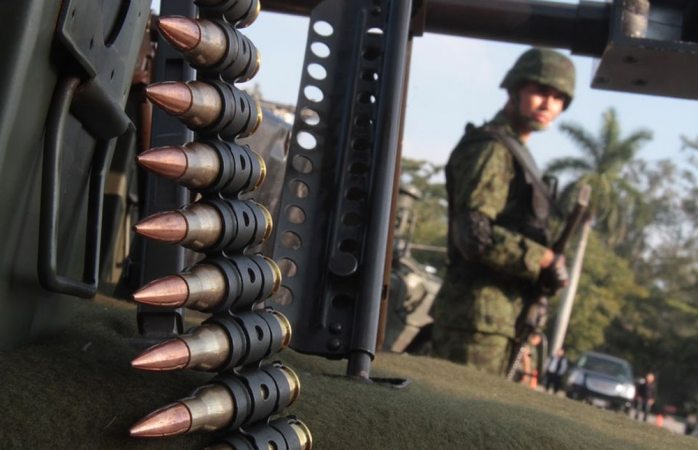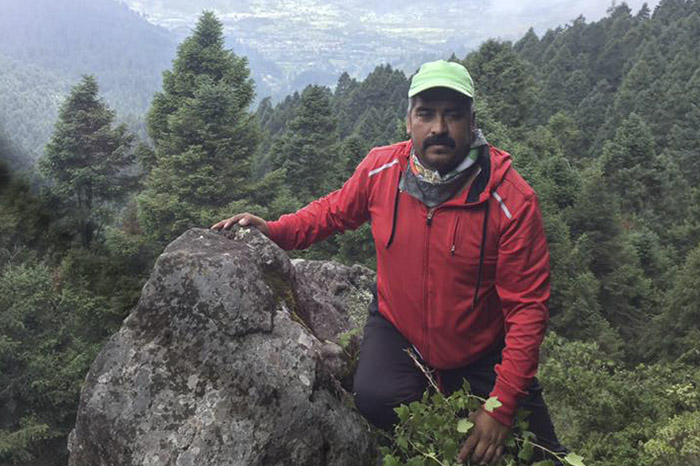
Butterfly conservationist disappears in Mexico
The State Human Rights Commission in Mexico’s west-central state of Michoacán is exhorting authorities to intensify their search for a campesino ecologist and advocate for protection of the world-famous monarch butterfly habitat, who has “disappeared.” Homero Gómez González went missing one day after he posted a video of himself on Twitter standing amid a swarm of butterflies at their wintering grounds in the Michoacán highlands. He has long served as administrator of Ejido El Rosario, an agrarian community of the Mazahua indigenous people in Ocampo municipality, which overlaps with the UNESCO-recognized Mariposa Monarca Biosphere Reserve. The Michoacán prosecutor’s office says that 53 police officers from the municipalities of Ocampo and Angangueo have been detained in relation to the disappearance. Family members say Gómez González told authorities that he had received threats from local organized crime networks. (Photo: La Voz de Michoacán)



